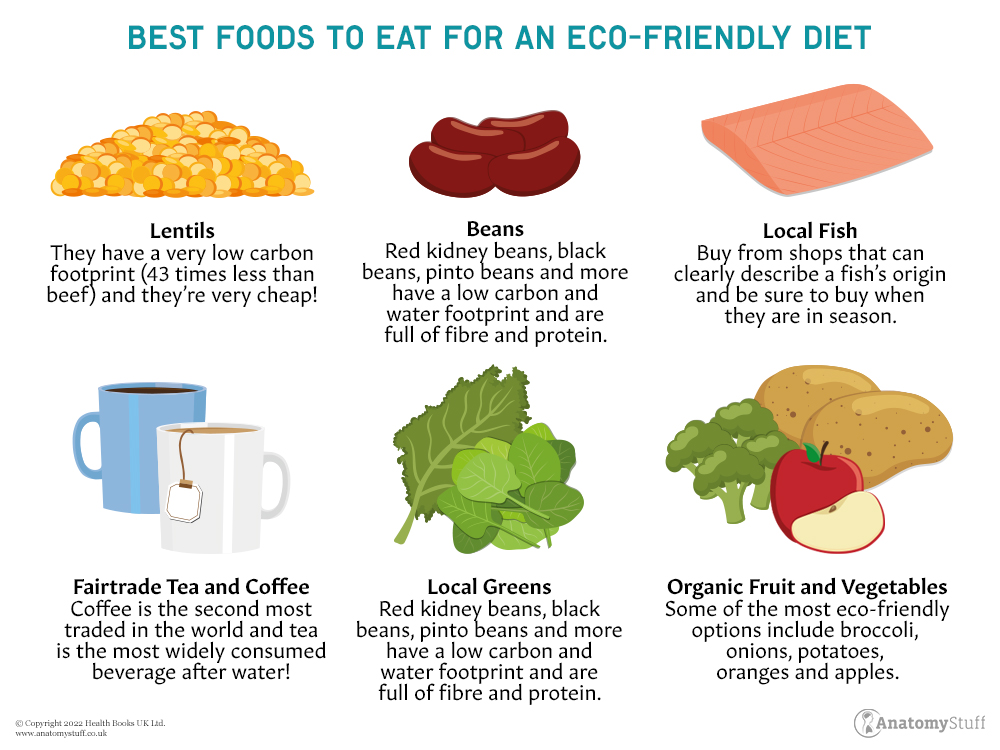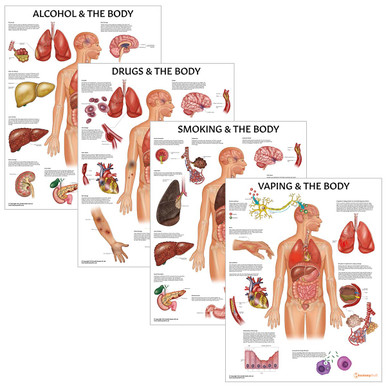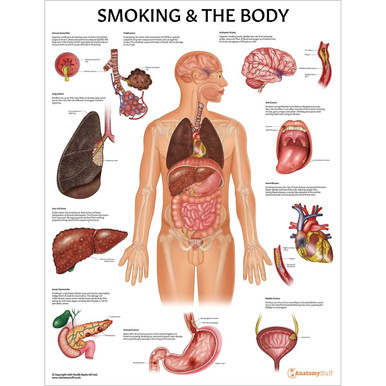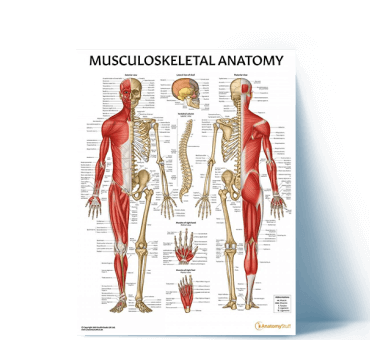How we can all live an eco-friendly life
Being environmentally responsible is much more than just avoiding single-use plastic; it’s about making little, consistent behavioural changes that add up to a substantial cumulative impact over time and may make or break our species. Reducing pollution, safeguarding animals, conserving natural resources, and other measures may help decrease the pace of climate change, and we should all keep this in mind.
Every person can make a difference if they regularly make environmentally friendly decisions and encourage others to do the same. Taking action that promotes Earth’s future may also provide short-term gains for the individual. It has the potential to inspire you, encourage you to get more involved in your local and global communities, and even help you lead a healthier life.
Refuse the plastic bag
There is an issue with plastic bags for the environment. They threaten animals because it takes hundreds of years to degrade. Annually, hundreds of thousands of marine creatures are killed when they mistake plastic bags, which are contaminated with chemicals, for food. Many animals suffer fatal injuries or sometimes die from being trapped in plastic bags.
When carrying your item would not be too much of a hassle, it is smart to ignore the store’s plastic bag offer or bring your own reusable bags. Make good use of the paper, plastic, and cloth bags you’ve accumulated over the years, regardless of whether or not they’re labelled as “reusable.” Use them to line trash cans or for cleaning up trash when they get too soiled to transport your new items. Finally, recycle them if possible before throwing them out.
Green PC
Laptops use far less energy than desktops, so if you’re in the market for a new computer, look for the Energy Star logo and consider making your next purchase a laptop. Instead of throwing away your old computer, consider donating it. When compared to producing and releasing 1,333 pounds of carbon dioxide into the environment, the emissions saved by recycling only one computer with a CRT display are substantial.
Get a clothesline
The typical family clothes dryer consumes over a tonne of electricity per year and produces over a tonne of carbon dioxide emissions annually. You may get racks and other indoor drying necessities at a variety of stores. If you need to use a dryer, choose the option that turns the machine off when the load is dry. Spare no effort in your quest to get the clothes dry. Keep in mind that you’ll waste energy if you throw wet items into a load that’s already damp from other sources.
Go for the organic, locally sourced food
Although organic farming uses far less power than conventional methods, it nevertheless involves a lot of hard work. Eating food that is produced close to where you live helps the environment by reducing the amount of energy used to transport the food. If you spent a year eating only food produced within kilometres of your home, you could reduce the greenhouse gas emissions equivalent to not driving a car for a few weeks.

Reduce water use
It is more cost-effective to operate water systems with less water. Using less water results in less water being wasted to pollution, and conserving water helps ensure that future generations have access to a safe and sufficient supply of potable water. Mulching gardens, letting the grass grow a bit longer, and washing cars on the lawn are all simple ways to reduce the amount of water used outside around your own home. If you want to save water when cleaning your house or apartment, turn the tap off while you’re not using it. In the shower, you may give it a try by turning the water on to get a good lather, then shutting it off to scrub, and then putting it back on to rinse. Similarly beneficial is taking shorter showers.
Make sure you replace your light bulbs
Compared to traditional incandescent bulbs, LED lights consume 75% less energy while producing the same amount of light, and LED bulbs last 25 times longer. In addition to being safer and lasting longer, the low heat output of LED Christmas string lights makes them a more cost-effective option. Keeping a single 60-watt light bulb on for an hour uses 0.06-kilowatt hours of power, which may not seem like much but adds up over time. Turning off lights in unoccupied areas may help you save money and reduce your environmental impact. Many home appliances, including TVs, microwaves, scanners, and printers, still draw power from the wall outlet even when not used.
Increase the quality of your diet
Those who cut down on their meat and dairy intake have fewer environmental impacts. Because of the poor conversion of plant energy to animal energy, producing food from animals results in a far larger output of greenhouse gases than producing food from grains and vegetables. About 15% of global greenhouse gas emissions come from animal husbandry, while the exact number varies greatly across different methods of measurement.
Make an impact
Start or join a workplace environmental committee to help your organisation reduce its environmental impact through small changes like encouraging employees to carpool or work from home, using recycled paper instead of new, and providing water in glasses rather than plastic bottles at company events. Assign someone the duty of turning off appliances and heaters at night and promoting the growth of plants to enhance the quality of the air in your home.
Thus, every person can make a difference if they regularly make environmentally friendly decisions and encourage others to do the same. These are some approaches you can take to live an eco-friendly life.
Related products
View All











